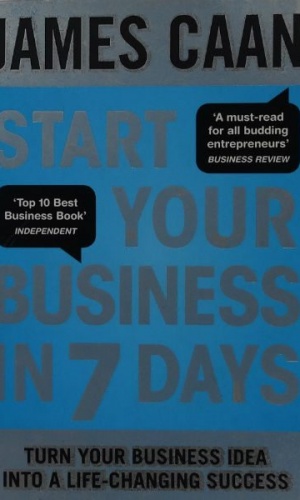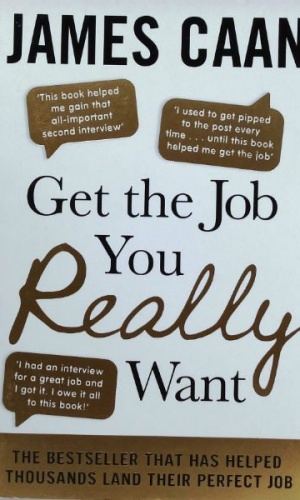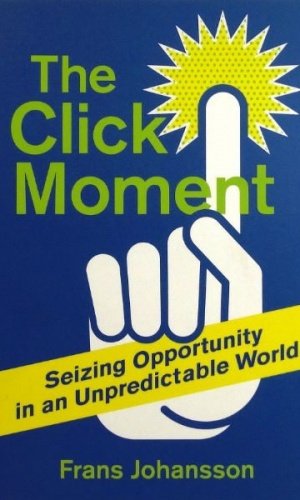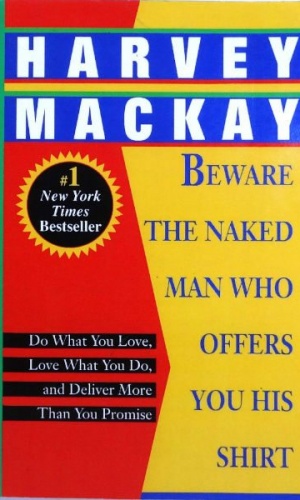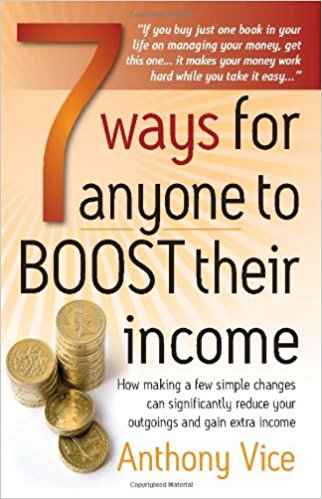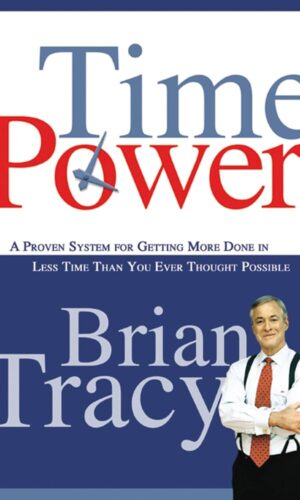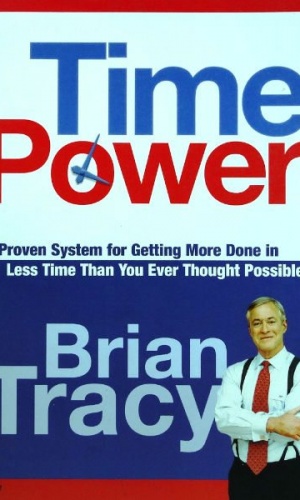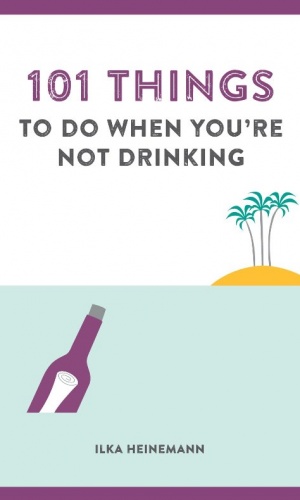-
Free
“Chris Anderson’s Free unpacks a paradox of the online marketplace–people making money charging nothing. What was once just a marketing gimmick has morphed into the basis of a trillion-dollar economy.”
₦2,550 -
Start your business in 7 days
James Caan, author of Get the Job You Really Want and Britain’s most dynamic entrepreneur, teaches you how to work for yourself in just one week in Start Your Business in 7 Days. Everybody wants to be an entrepreneur. Every single day of my life I am bombarded by people with pitches. But 90% of new businesses fail, because their founders failed to ask themselves the simplest of questions.
₦2,550 -
Get the job you really want
Before rising to fame on the BBC’s Dragons’ Den, James Caan spent thirty years setting up and running recruitment companies, placing hundreds of thousands of candidates in the jobs they really wanted. Now in Get The Job You Really Want James brings his experience to bear to help everyone from recent graduates to CEOs in their hunt for their dream job, from identifying the opportunity to making yourself stand out at interview and finally closing the deal on the job offer, Since publishing the first edition James has been inundated with testimonials from real readers who have used the tricks and tools in this definitive guide to job hunting to finally land the job that they really wanted.
₦2,550 -
The click moment
These people capitalized on their luck and altered the course of their lives.?The Click Moment?shows how we can follow them by opening ourselves up to chance encounters and harnessing the forces of success that follow.
Success is random. But we can capture this randomness and turn it in our favour.
₦2,550 -
Beware the naked man who offers you his shirt
FORTUNE magazine calls Harvey Mackay “Mr.-Make-Things-Happen.” No matter where you are in your career, he can help you ride the expressway to success. This collection of on-target how-to’s, insights, and self-tests translates into immediate take-to-the-office results on EVERY page. Discover the secrets on servicing sales that are worth millions, add the missing ingredient–courage–to your career, learn how to love your job, take a manager’s quiz that will revolutionize your style, and much, much more!
₦2,400 -
7 Ways for anyone to boost their income
Did you know that:- One out of every three people who have a mortgage may be paying too much interest.- More than 5 million people are reckoned to be paying the wrong amount of tax.- Over 6 million people may be paying too much insurance, often because they buy the wrong type of policy.
₦2,250 -
-
Time power
One of the world’s premier business consultants and personal success experts, Brian Tracy has devoted more than 25 years to studying the most powerful time management practices used by the most successful people in every arena. Now, in “Time Power,” Brian reveals his comprehensive system designed to help readers increase their productivity and income exponentially — in just weeks!
₦2,100₦3,255 -
101 Things to Do When You’Re Not Drinking
Feeling a bit woozy? Had a few too many at karaoke night? Sometimes we could all do with taking a break from the drinking life.
₦1,800


